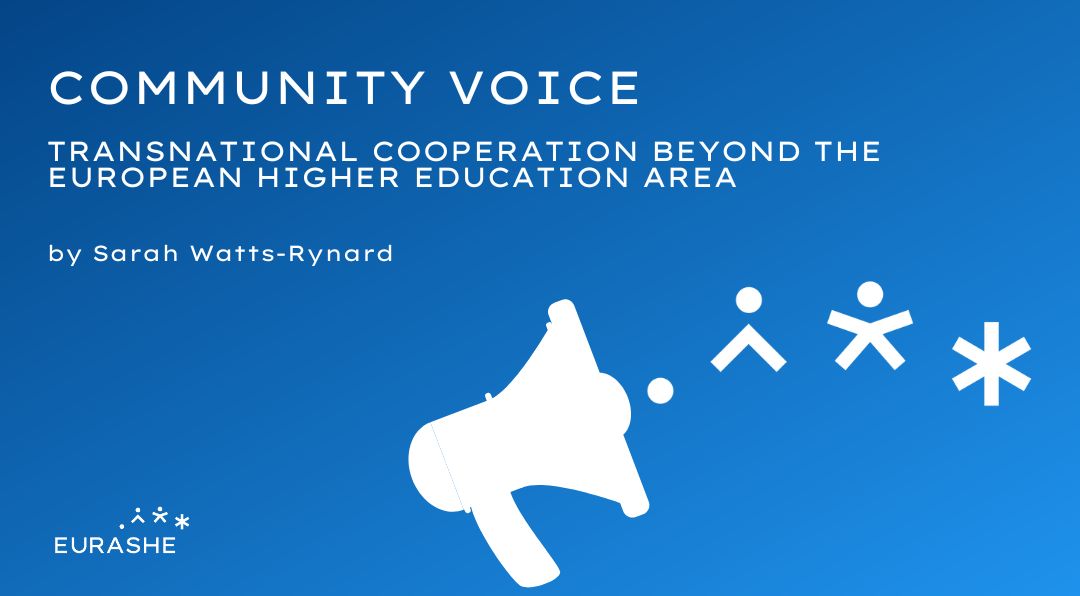Against a backdrop of discussion largely focused on European Universities Alliances, a panel made up of Preeti Nair (India), David Ross (Canada) and Ahmed Samy (UAE) provided interesting insights about opportunities for transnational cooperation with those outside Europe.
Moderated by Hilligje van’t Land of the International Association of Universities, discussion reflected optimism that applied post-secondary education is increasingly being recognized by governments and industry partners as an essential part of global advanced education systems. While this attention draws partners and funding to universities of applied science and polytechnics, it also challenges institutions to stay ahead in an environment of rapid technological change and societal transformation.
This is where partnership and broad collaboration stand to help, whether in focused areas like curriculum development and applied research or by sharing best practices and inspiring new approaches. Partnerships are particularly relevant when centered around a common challenge, such as net-zero transition or digital adoption. Pragmatic solutions are the stronghold of applied institutions, making connections all the more valuable. They also help institutions differentiate themselves regionally and nationally, illustrating a greater potential for impact than could be achieved within the walls of any single institution.
But all partnerships need constant renewal to be sustainable. Realistically, governments and funding priorities change over time. The needs of industry partners shift and evolve, requiring updated skillsets and new solutions. The economic cycle has a knock-on effect in the post-secondary education space. Productive alliances continue to evolve with these external influences, sharing resources – from faculty expertise to access to specialized equipment – in times of scarcity and finding ways to overcome inevitable moments of misalignment.
The panel spent some time discussing the nature of cooperation and there was consensus that European Universities Alliances are an important model for the rest of the world. With dedicated resources and shared priorities, European universities have moved beyond a more traditional approach to transnational partnerships that have often been largely bilateral and limited in nature. The size and scope of these partnerships stand to enable richer, long-term discussions.
Though European Universities Alliances are still in their relative infancy, the panelists appeared to share a vision for engaging in substantive ways in areas of common interest. They spoke to priorities at home and areas of expertise that might one day inform or contribute to partnerships that choose to be more inclusive over time.
This was a fascinating discussion with insights from three very different countries, suggesting that the nature of transnational collaborations is subject to a wide range of possibilities. With some effort, the impact and benefits of European Universities Alliances can extend beyond this continent and draw in stakeholders from around the world.

